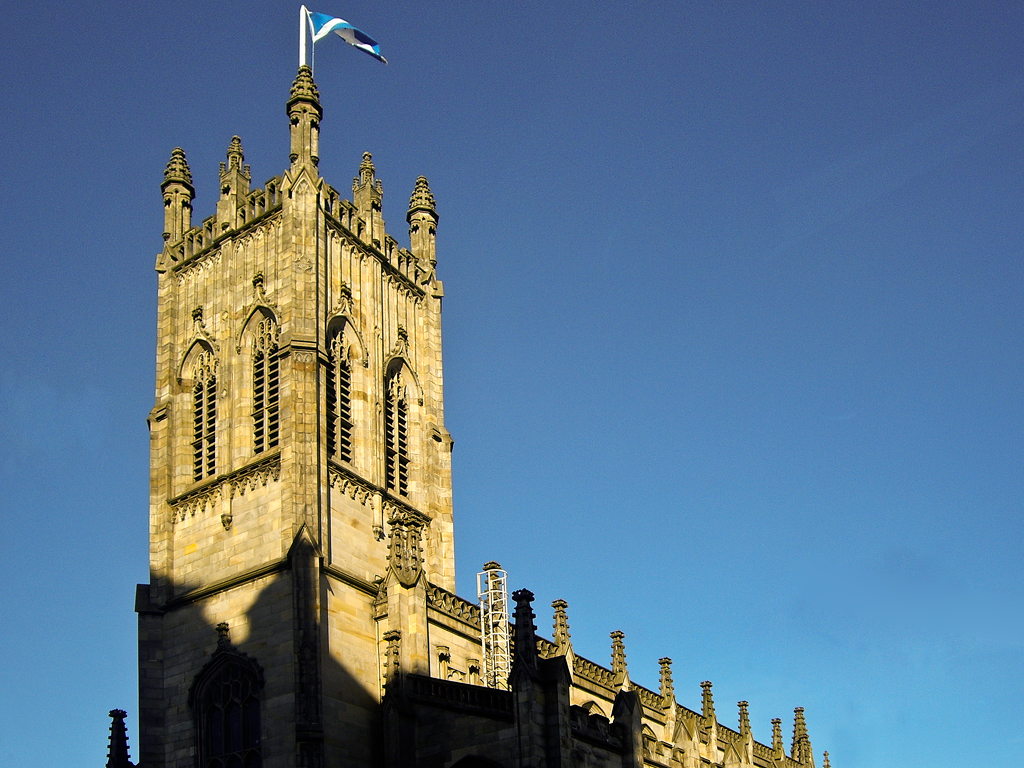
A report published by the Church of Scotland ahead of its 2015 general assembly shows that membership has fallen by more than 155,000 in the past decade. In 2014 alone, membership figures declined by 16,000, which is equivalent to a loss of over 300 members per week over this period.
These figures from the Church confirm a trend shown by Scottish and UK-wide polls. The Scottish Social Attitudes Survey, which polls Scottish people on religion or belief every year, found a decline in Scottish people identifying as Church of Scotland from 36% of the population in 2001 to just 18% in 2013. Meanwhile, the latest British Social Attitudes Survey gives indications that a record 51% of people in Britain have no religion, with Christians representing just 41% of people in the UK.
British Humanist Association Director of Public Affairs and Campaigns Pavan Dhaliwal commented, ‘Numbers of people identifying as non-religious in Scotland and across the UK have been trending upwards for several years, and in Scotland this is reflected in the fact that legal humanist marriages have become the third most popular ceremony in Scotland, ahead of Catholic weddings.
‘But while religious affiliation faces steep decline, the UK Government remains keen to stress that religion has some sort of special importance to society. Our politicians would do well to appeal less to factional religious identities. We would welcome a change of tone which reflected common values shared throughout our society, regardless of religion or belief.’
Notes
For further comment or information, please contact BHA Director of Campaigns and Public Affairs Pavan Dhaliwal on pavan@humanists.uk or 07738435059.
The British Humanist Association is the national charity working on behalf of non-religious people who seek to live ethical and fulfilling lives on the basis of reason and humanity. It promotes a secular state and equal treatment in the law and policy of everyone, regardless of religion or belief.
